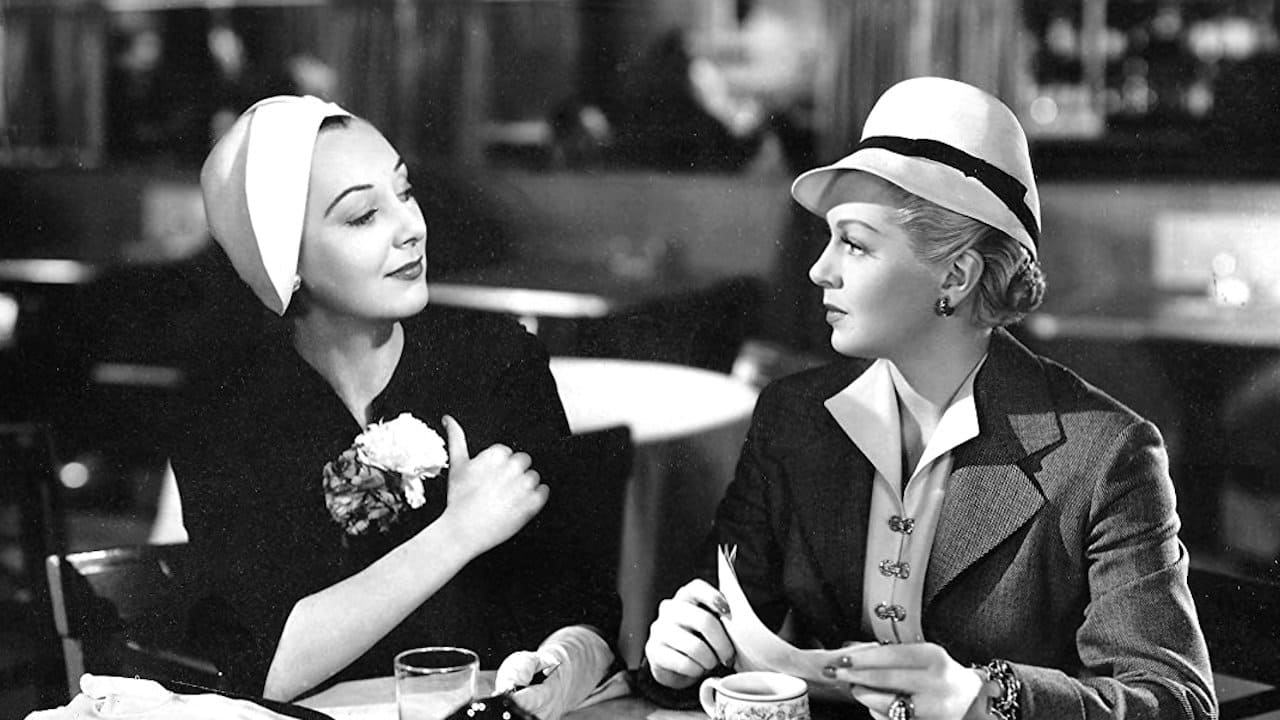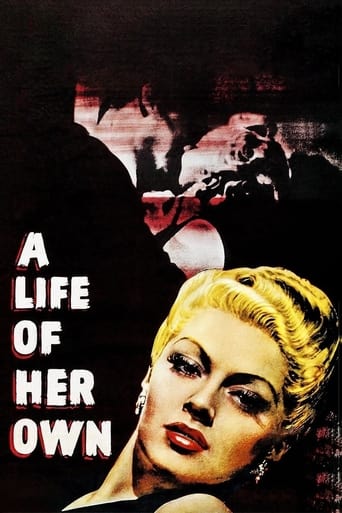Hellen
I like the storyline of this show,it attract me so much
Claysaba
Excellent, Without a doubt!!
Livestonth
I am only giving this movie a 1 for the great cast, though I can't imagine what any of them were thinking. This movie was horrible
Clarissa Mora
The tone of this movie is interesting -- the stakes are both dramatic and high, but it's balanced with a lot of fun, tongue and cheek dialogue.
JohnHowardReid
It's ironical that many picturegoers who were always so fussy about production values and would always insist on the glossiest of glossy mountings, suddenly became so content to settle for fourth-rate, absolutely-no-frills fare on their TV receivers. Of course, one cost money, the other - once purchased -- was ostensibly free. One necessitated getting dressed, braving the weather and going out, whilst the other required only the use of a nimble finger to turn the switch. However, although TV was introduced into Australia in 1955, it wasn't until 1960 that the boob tube even started to make any inroads at all into cinema attendances. So it's no wonder that flawed films like A Life of Her Own continued to take real money in Oz right through the 1950s.And M-G-M did pour an enormous amount of cash into this verbose but decidedly grim soap opera, most of it wasted and not realized on the screen. As for the movie itself, I agree entirely with director, George Cukor, who told me, "What I shot was cut to ribbons, but it was an awful movie in any case. I've tried to forget it."
atlasmb
A Life of her Own displays an array of talent, but falls short, in part because the primary characters are not likable enough for us to care that much about what happens to them.The story is intriguing, though. The situation the characters are involved in is a classic one. Most people can relate to it. But the story does not seem focused enough; other subplots and diversions distract from the central drama.But does the film really know that the central drama is? Is it about the couple? Or the woman? Or the triangle? Is it about the questions of values? Or feelings? When we reach the end, after some out-of-left-field pontificating and amateur psychologizing, what finally was the central question? Notes on this site indicate that the ending was changed because it was unpopular. But without a clear focus, how could this story resolve with a clear message or with clear intent? And how much can you really care about a character that is emotionally damaged if she never really shows any growth or change?
dougdoepke
Years ago, movies of this type were called "women's movies". The label wasn't intended to demean, just identify the niche the film fit into. My mother, bless her heart, would faithfully troop down to the matinée and suffer along with Joan or Barbara or, in this case, Lana as they faced up nobly to what only a woman in those days could appreciate. In short, a programmer like this had a ready-made audience, and I suspect MGM was counting on that when they put marquee names up front and then let them coast through the production. The consensus from other reviewers is dead-on. The principals—Turner and Milland—are indeed miscast and lethargic, while even the normally sparkling Cukor-touch appears flat and uninvolved except for the energetically choreographed opening. As others point out, what interest there is surfaces at the margins, especially with the superbly shaded performance from an unknown Margaret Phillips as the invalid wife. A role like that can easily descend into the depths of bathos and parody. Nonetheless, Phillips manages to be appealing without being pathetic—quite a challenge for an unsung actress who deserved more than a brief TV career. Even though the film is clearly a second-rate effort, I expect it still made money, thanks to the star-power of its principals and a ready-made audience that, nevertheless, deserved better.
MarieGabrielle
I loved Lana Turner in" The Postman Always Rings Twice", and was interested to see her portray what was considered a top model in the 1950's.She basically portrays a bored woman from Kansas who comes to NY to "become someone".She meets Ann Dvorak as Mary, who is a top model on her way down,presumably from getting too high too fast, and drug use. Some of her scenes are the most memorable as she reflects on the void and banality of her profession.It is a double-edged sword once a girl has reached the top.7urner does not see this, climbs her way to the top and has an affair with married executive Ray Milland.He does not come off as a sympathetic character, his wife is disabled.Some of the scenes with Turner as his mistress are a bit forced,and hard to believe. Chalk this up to the time period, as the reality of her situation could not be portrayed.Overall worth seeing for Lana and performance by Ann Dvorak.8/10.

